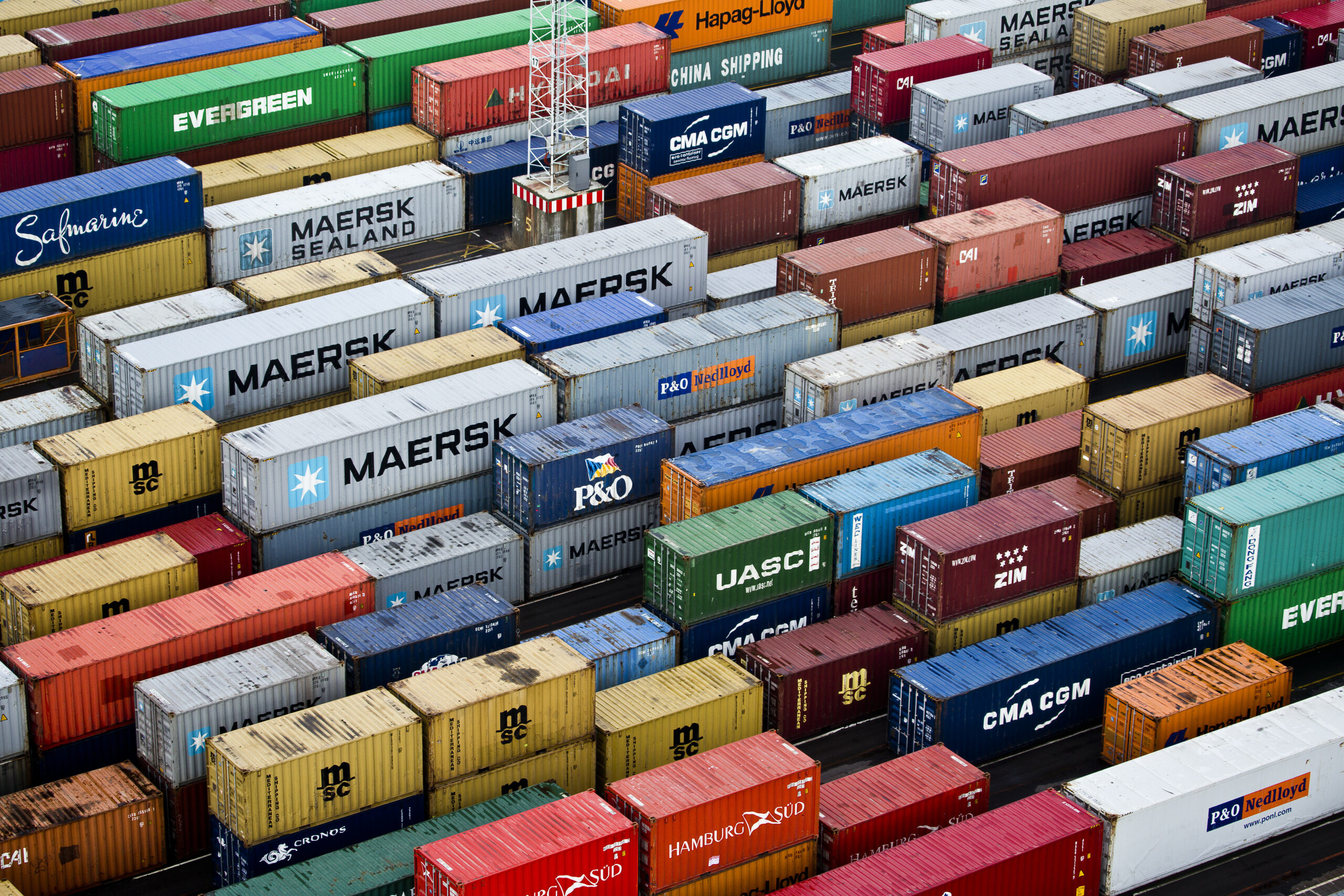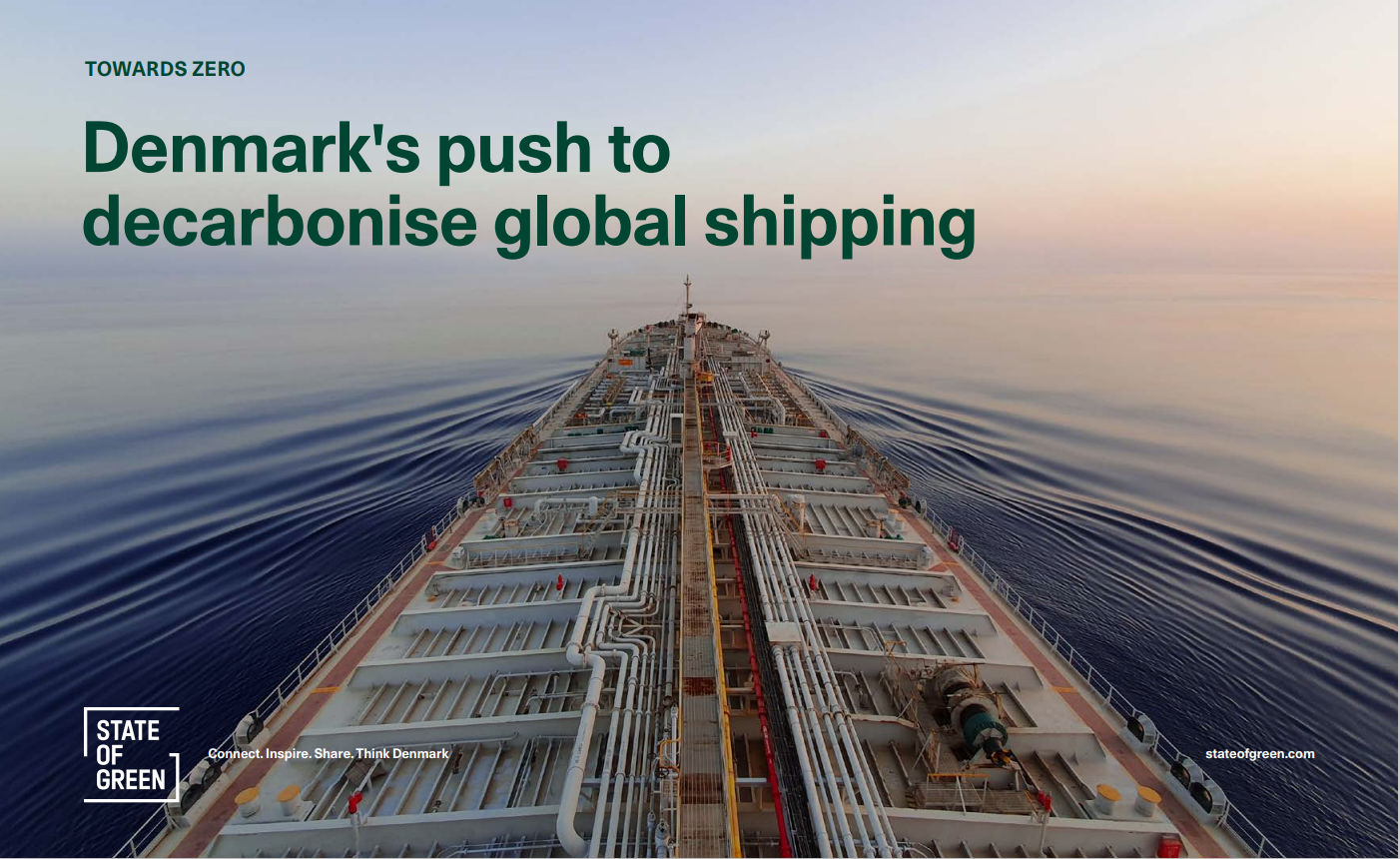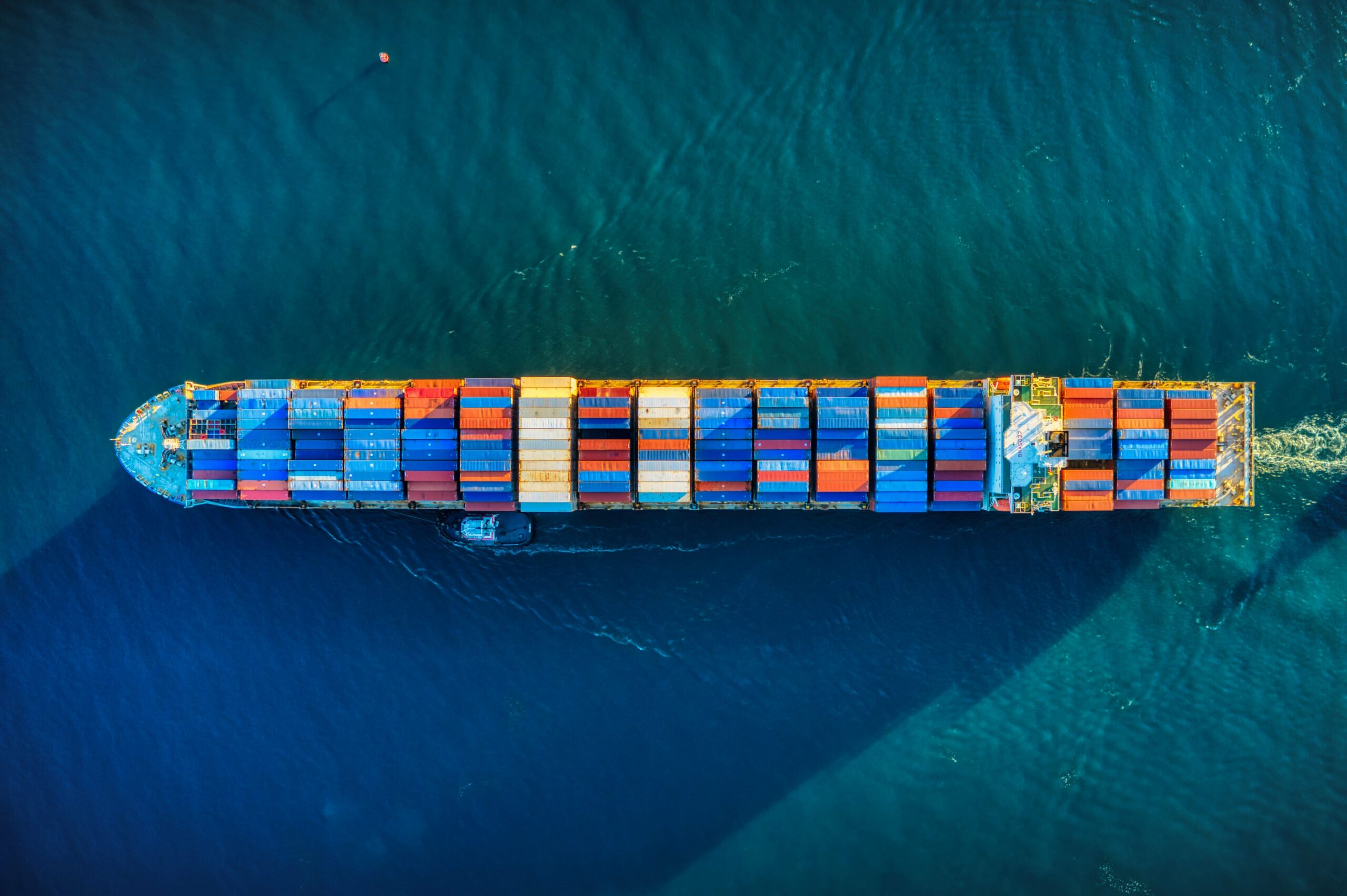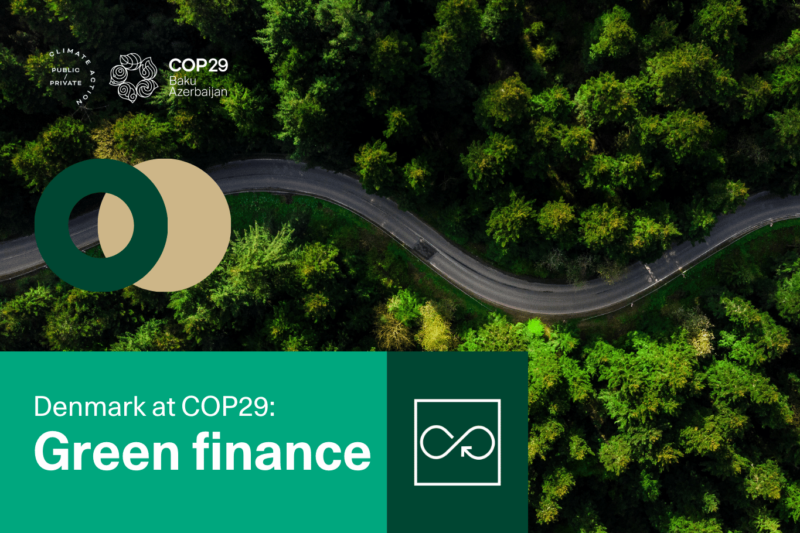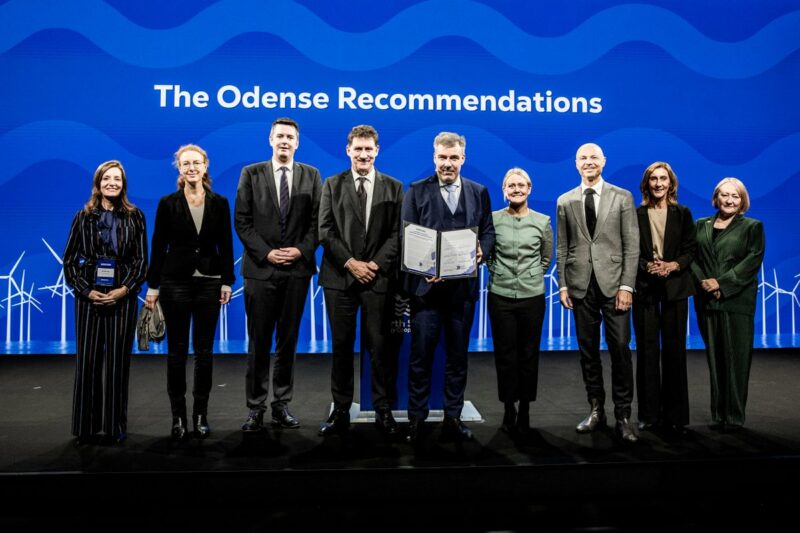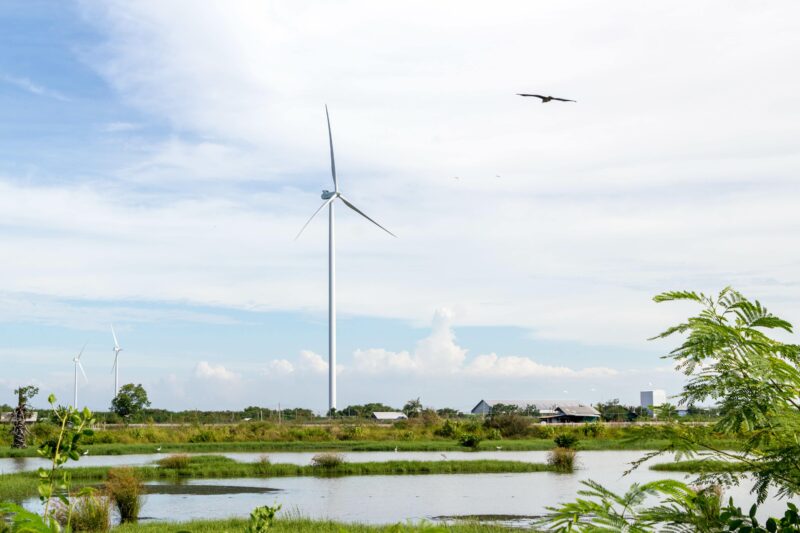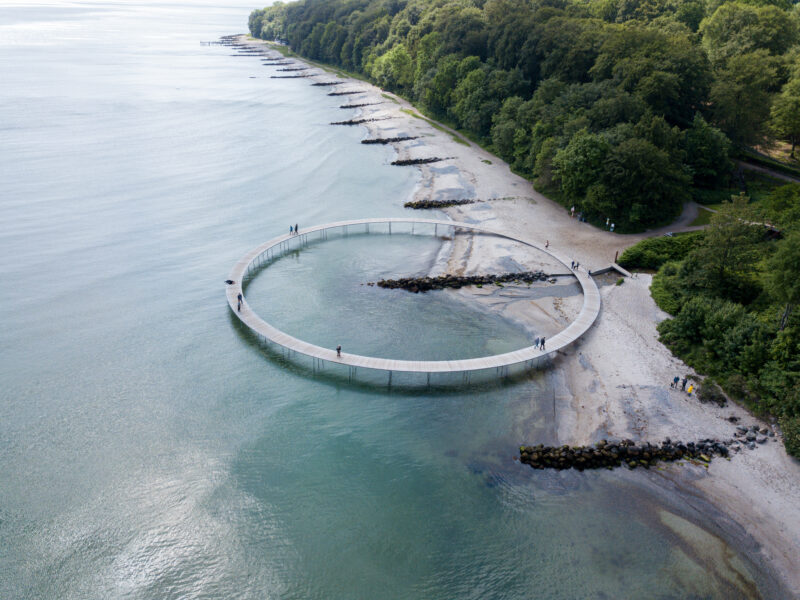Renewable fuels will offer new business opportunities for countries with considerable renewable energy resources. The World Bank estimates that the market for renewable fuels is more than EUR 940 billion (DKK 1 trillion) with several developing countries boasting the potential to become key players in the budding market. Global regulation is crucial to ensure a level playing field and de-risk the investments required to unleash the potential and decarbonise shipping.
A catalyst in this regard is adopting a basket of measures building upon fuel standards and pricing mechanisms. Denmark is actively advocating for a pricing mechanism on greenhouse gas emissions to incentivise the uptake of the pricier yet more environmentally friendly renewable fuels. Besides bridging the price gap between cheaper fossil fuels and renewable-based alternatives, a pricing mechanism must provide funding to assist the Least Developed Countries (LDCs) and the Small Island Developing States (SIDS) to ensure a fair and equitable transition.
A pricing mechanism needs to be supported by global fuel standards which over time set increasingly ambitious targets for reducing the climate footprint of fuels. Besides imposing shipping to rethink business as usual, a fuel standard will also send a clear signal that the sector is ensuring a substantial uptake of renewable fuels. As a result, the needed investments will be de-risked, boosting the rollout of hydrogen technologies, infrastructure, and port facilities.
Alongside the Danish shipping industry’s advocacy for adopting a basket of measures, Denmark is taking a proactive stance in ensuring additional as well as faster access to climate finance. The dedication is exemplified by the Danish commitment to the Special Climate Change Fund (SCCF), operating under the Global Environment Facility. Besides securing better and faster access to climate financing, initiatives aimed at strengthening adaptation efforts and reducing risks of climate-induced loss and damage for the Small Island Developing States (SIDS) and the Least Developed Countries (LDCs).
